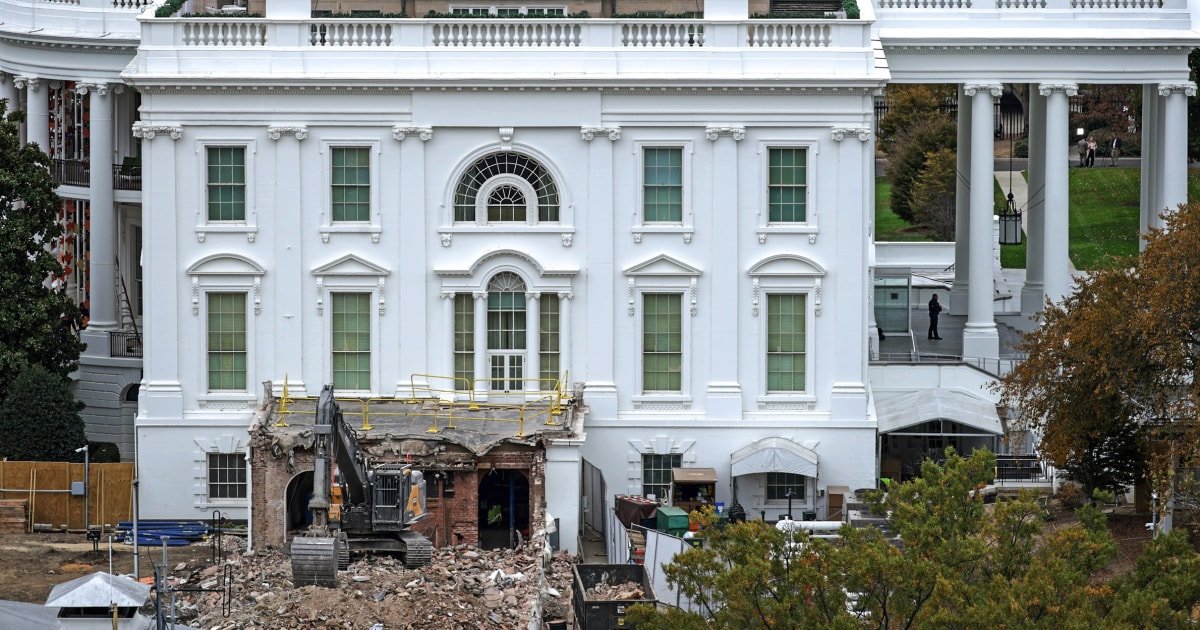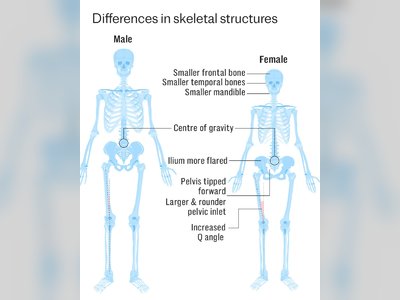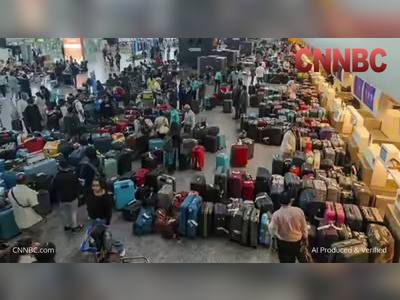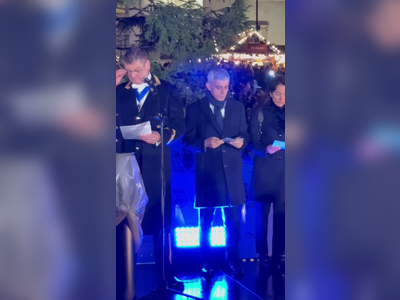
Trust for the National Mall Skirts Disclosure as Senators Probe Trump’s White House Ballroom Funding
Non-profit in charge of private donations for the $300 million ballroom declines to fully answer queries from Democratic lawmakers on access and transparency
The Trust for the National Mall largely declined to provide full documentation in response to a letter from Democratic senators probing the role of private contributions in the President’s 90,000-square-foot White House ballroom project.
The nonprofit, which is managing millions of dollars in donations for the renovation, responded with a seven-paragraph letter that affirmed its role in receiving funds but stopped short of supplying the requested agreements, correspondence, and donor data by the Friday deadline.
Senators including Elizabeth Warren, Richard Blumenthal, Ron Wyden, Chris Van Hollen and Ed Markey had sought details about how the Trust’s philanthropic structure is being used to fund the ballroom—specifically asking whether donor contributions to the Trump-commissioned expansion were linked to access, policy influence or corporate benefit.
The letter raised concerns that the Trust might have become “a vehicle for politicised fundraising, influence-peddling and donor access to President Trump and his administration.”
In its reply, the Trust’s president Catherine Townsend stated the organisation is “not soliciting donations for the Ballroom and has no role in the planning, design or construction of the new Ballroom.” The reply also said that “donor names and identifying information are not subject to public disclosure” due to confidentiality provisions.
The organisation did not provide any of the requested contracts, internal communications or records of donor conversations by the deadline.
The ballroom, to be privately funded and constructed at an estimated cost of around $300 million, will reportedly be built on the site of the demolished East Wing of the White House.
Donor lists published by the White House include major corporations such as Amazon, Apple, Google/YouTube and Lockheed Martin, some of which have active business dealings with the administration.
These relationships have heightened scrutiny over whether the funding mechanism blurs lines between philanthropy and access to presidential power.
Historic-preservation advocates have also voiced concerns about process and transparency.
The National Trust for Historic Preservation wrote to federal review agencies warning that the size and setting of the new ballroom risk undermining the historic fabric of the White House and that public consultation appears to have been bypassed.
Meanwhile a recent poll showed that 56 per cent of Americans oppose the project, with 28 per cent in favour.
With questions of transparency, donor influence and historic preservation at the fore, the Trust’s refusal to provide fuller disclosure has only amplified lawmakers’ intention to press for further answers and oversight.
The senators have indicated they will pursue additional steps to secure documentation and potentially explore legislative or regulatory responses if sufficient accountability is not forthcoming.
The nonprofit, which is managing millions of dollars in donations for the renovation, responded with a seven-paragraph letter that affirmed its role in receiving funds but stopped short of supplying the requested agreements, correspondence, and donor data by the Friday deadline.
Senators including Elizabeth Warren, Richard Blumenthal, Ron Wyden, Chris Van Hollen and Ed Markey had sought details about how the Trust’s philanthropic structure is being used to fund the ballroom—specifically asking whether donor contributions to the Trump-commissioned expansion were linked to access, policy influence or corporate benefit.
The letter raised concerns that the Trust might have become “a vehicle for politicised fundraising, influence-peddling and donor access to President Trump and his administration.”
In its reply, the Trust’s president Catherine Townsend stated the organisation is “not soliciting donations for the Ballroom and has no role in the planning, design or construction of the new Ballroom.” The reply also said that “donor names and identifying information are not subject to public disclosure” due to confidentiality provisions.
The organisation did not provide any of the requested contracts, internal communications or records of donor conversations by the deadline.
The ballroom, to be privately funded and constructed at an estimated cost of around $300 million, will reportedly be built on the site of the demolished East Wing of the White House.
Donor lists published by the White House include major corporations such as Amazon, Apple, Google/YouTube and Lockheed Martin, some of which have active business dealings with the administration.
These relationships have heightened scrutiny over whether the funding mechanism blurs lines between philanthropy and access to presidential power.
Historic-preservation advocates have also voiced concerns about process and transparency.
The National Trust for Historic Preservation wrote to federal review agencies warning that the size and setting of the new ballroom risk undermining the historic fabric of the White House and that public consultation appears to have been bypassed.
Meanwhile a recent poll showed that 56 per cent of Americans oppose the project, with 28 per cent in favour.
With questions of transparency, donor influence and historic preservation at the fore, the Trust’s refusal to provide fuller disclosure has only amplified lawmakers’ intention to press for further answers and oversight.
The senators have indicated they will pursue additional steps to secure documentation and potentially explore legislative or regulatory responses if sufficient accountability is not forthcoming.












